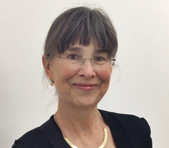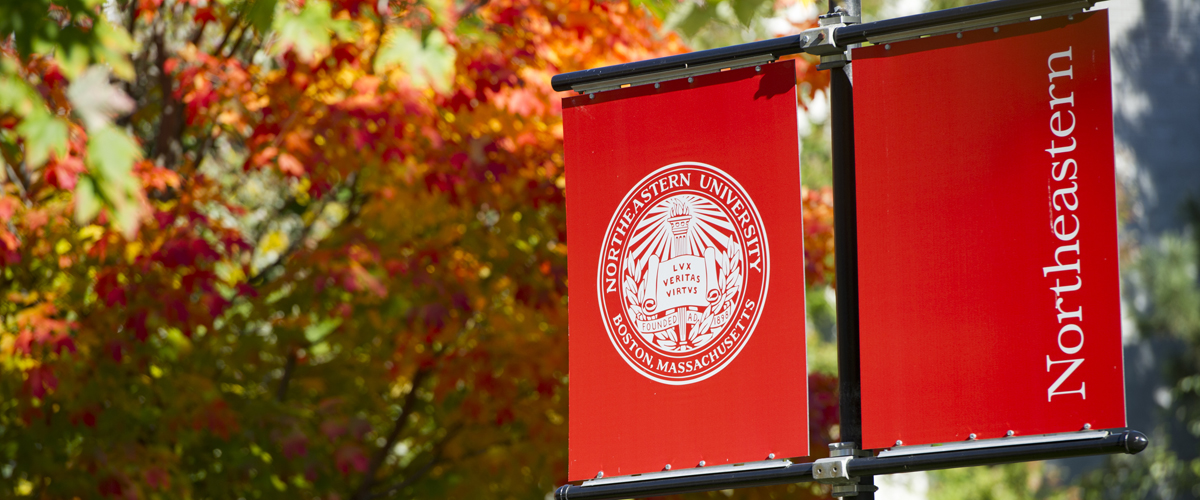Judith Hall, University Distinguished Professor of Psychology, sits down with the College of Science Graduate Program staff to talk about her research at Northeastern University.
Tell us about your current research.
In social psychology, my specialty is processes of interpersonal interaction, with a special focus on nonverbal communication and also on the accuracy with which people ‘read’ other people’s cues. This is something people do all the time, with everyone they see or meet, making inferences about their emotions, personality, health, social class, ethnicity, competence, intentions, social attitudes, political views, and much else. Sometimes these inferences are sometimes easy to make and sometimes very hard, and they can be correct or incorrect. Research shows that there are important determinants and consequences of a person’s ability to ‘read’ other people.
In my lab we study these, as well as make new tests and measurements for capturing this kind of ability. We also study how people reveal their characteristics (emotions, attitudes, etc.) through subtle nonverbal and verbal cues, and we study the process by which an accurate inference is made. In addition, a branch of my research for many years has been to ask these same questions in the context of physician-patient communication—how do they communicate and with what consequences?
What drew you to your field?
I had the great luck of landing a job with a social psychologist at Harvard as his research assistant after earning my Harvard BA (not in psychology, and with no clear direction). After several years I realized this was my calling, and later that same professor became my advisor while I earned my PhD at Harvard.
What do you like most about being a faculty member at Northeastern?
The atmosphere in the psychology department at Northeastern is delicious, and I always like the general tone of the university. I have always been able to do my research and teaching as I liked.
What is your favorite part about Northeastern?
My department.
What is your favorite part about Boston?
Not the weather.
What advice would you give to new and current COS graduate students?
As my own example shows, unpredicted opportunities can, and typically do, arise for a person during their career. Nearly every person who is settled in their career looks back at a very twisty path to how they got there. Here is my advice: keep your eye on the prize (your ideal endpoint), but be open to the opportunities and new possibilities that spring up. Sometimes changing your mind is the best thing to do, while sometimes persevering on your determined path is the best choice. Definitely don’t give up on your goals prematurely. Those who keep trying are those who win out. And learn to live with the anxieties that inevitably come with a highly demanding and rewarding career—you can handle them!
What about work-life balance?
I keep many photos of my children on my office walls, so that students can see there is no contradiction between being a high functioning scholar and having three children. Aside from its own pleasures, having a family helps keep an academic person sane because one needs other obligations and activities besides career-related ones. It’s easy to get one-dimensional in one’s profession and often the more ambitious one is, the more one-dimensional one becomes. Don’t let this happen!

Judith Hall, University Distinguished Professor of Psychology

